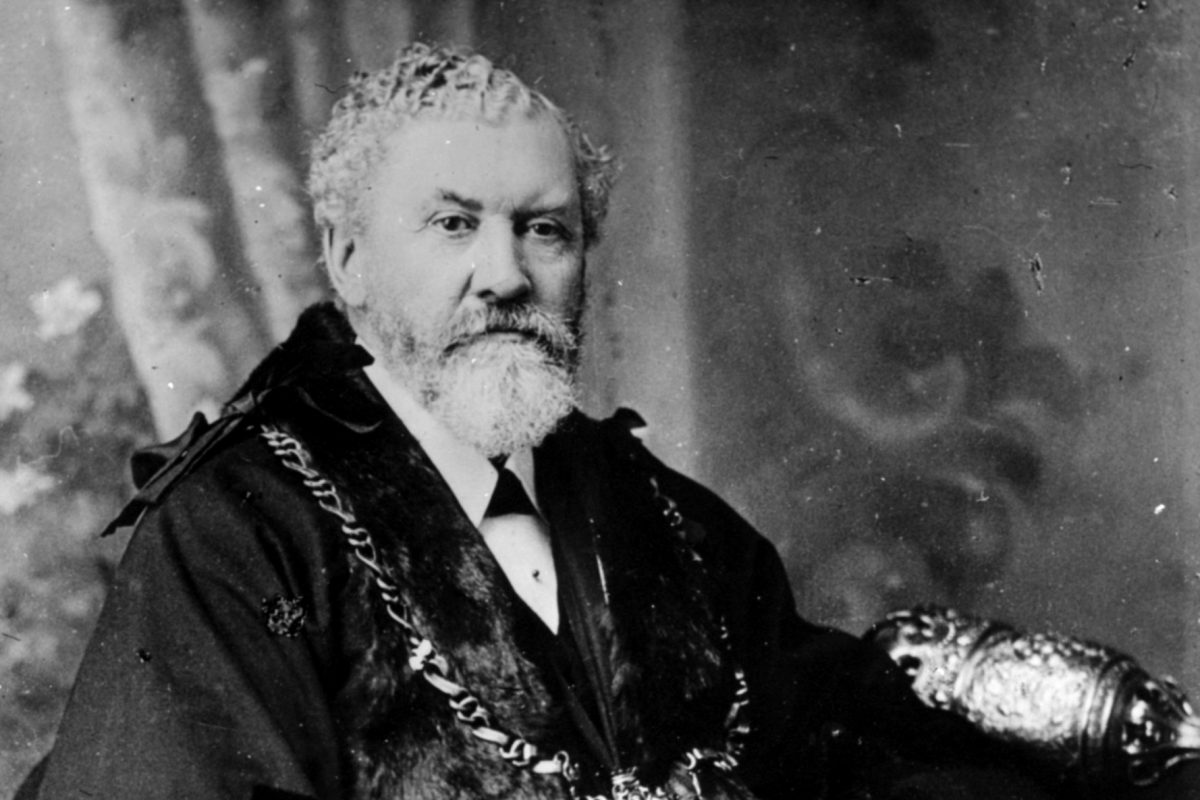
John Wycliffe Wilson. Source: Picture Sheffield.
John W Wilson was born at Old Radford, Nottingham in 1836 where his father was in business as a cotton spinner. He settled in Sheffield in 1860 to assist his brother Henry J Wilson in reviving the fortunes of the Sheffield Smelting Company established by their great grandfather John Read around 1760.
As a leader of nonconformism, radicalism and temperance Wilson was passionate and assertive. He was a Congregationalist and prominent member of the Nether Chapel where he was deacon for 40 years. Wilson was a life-long total abstainer, took a deep interest in foreign missions and was treasurer of the Sheffield Auxiliary of the London Missionary Society which raised over £2,000 each year for the Society.
As a politician he had a long and distinguished career in the public life of Sheffield, chiefly in connection with the administration of the Poor Law. He was elected a member of the Sheffield Board of Guardians in 1877 and was Chairman for 10 years. He was instrumental in introducing important reforms in Poor Law administration and the originator of the scheme known as the Sheffield System of Scattered Homes for Children which placed small groups of children under the Guardians’ care in ordinary houses in the suburbs of Sheffield. The humanising influence of this was recognised throughout the country and by 1914 over 90 unions across Britain were making use of the Scattered Homes system. Wilson was a Justice of the Peace from 1886, a member of the Town Council from 1890, was elected Alderman in 1898 and served as Lord Mayor in 1902-3.
His obituary stated that ‘His gifts were at all times employed to augment the sum of human happiness and while the whole of his work was characterised by meticulous regard for principle and a refuse to condone wrong, no matter how it was disguised, he never divorced practice from precept, nor set for others a standard which he himself was not prepared to maintain’. He was buried in grave DD 136 in the Nonconformist area of the Cemetery.



